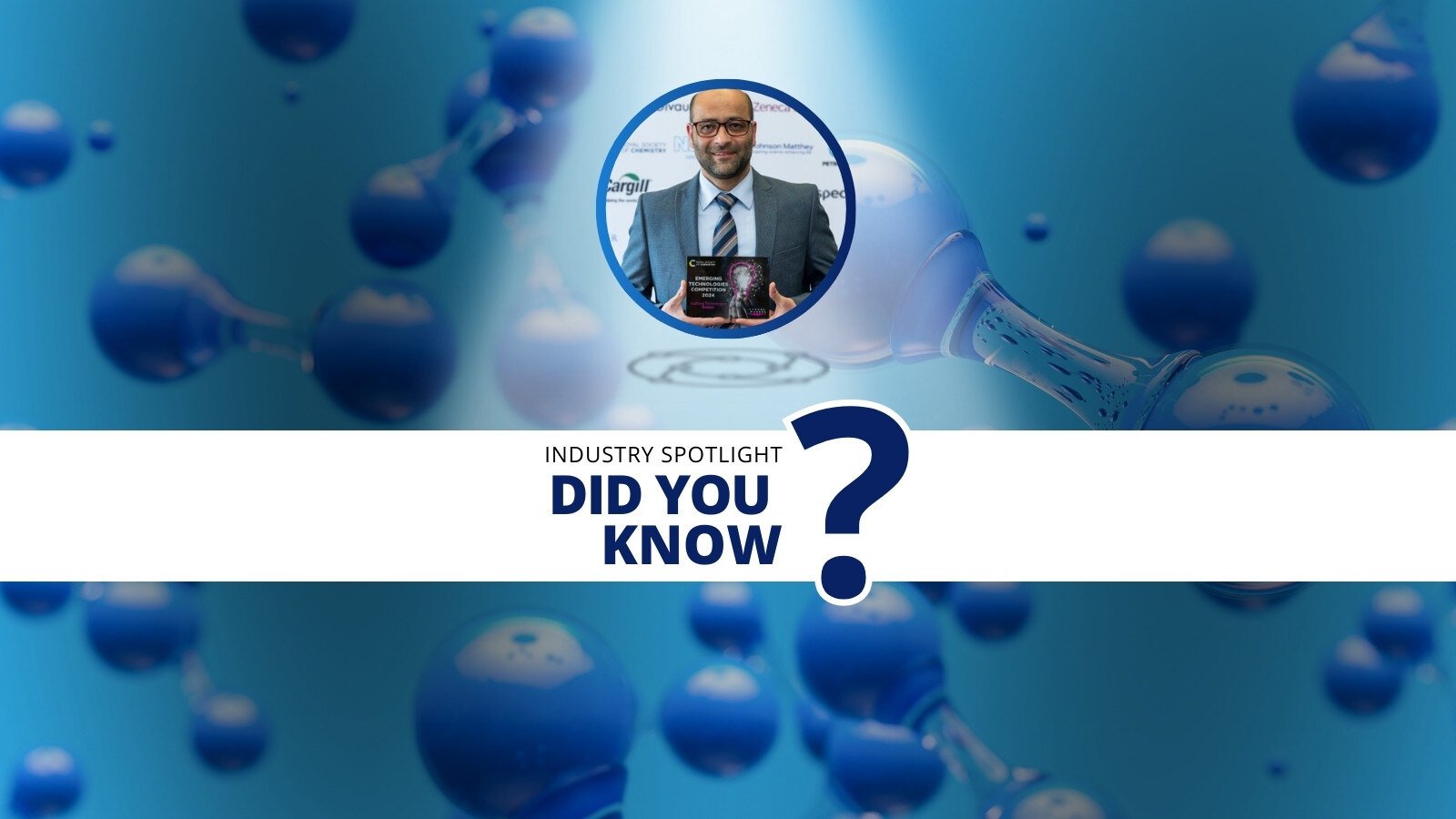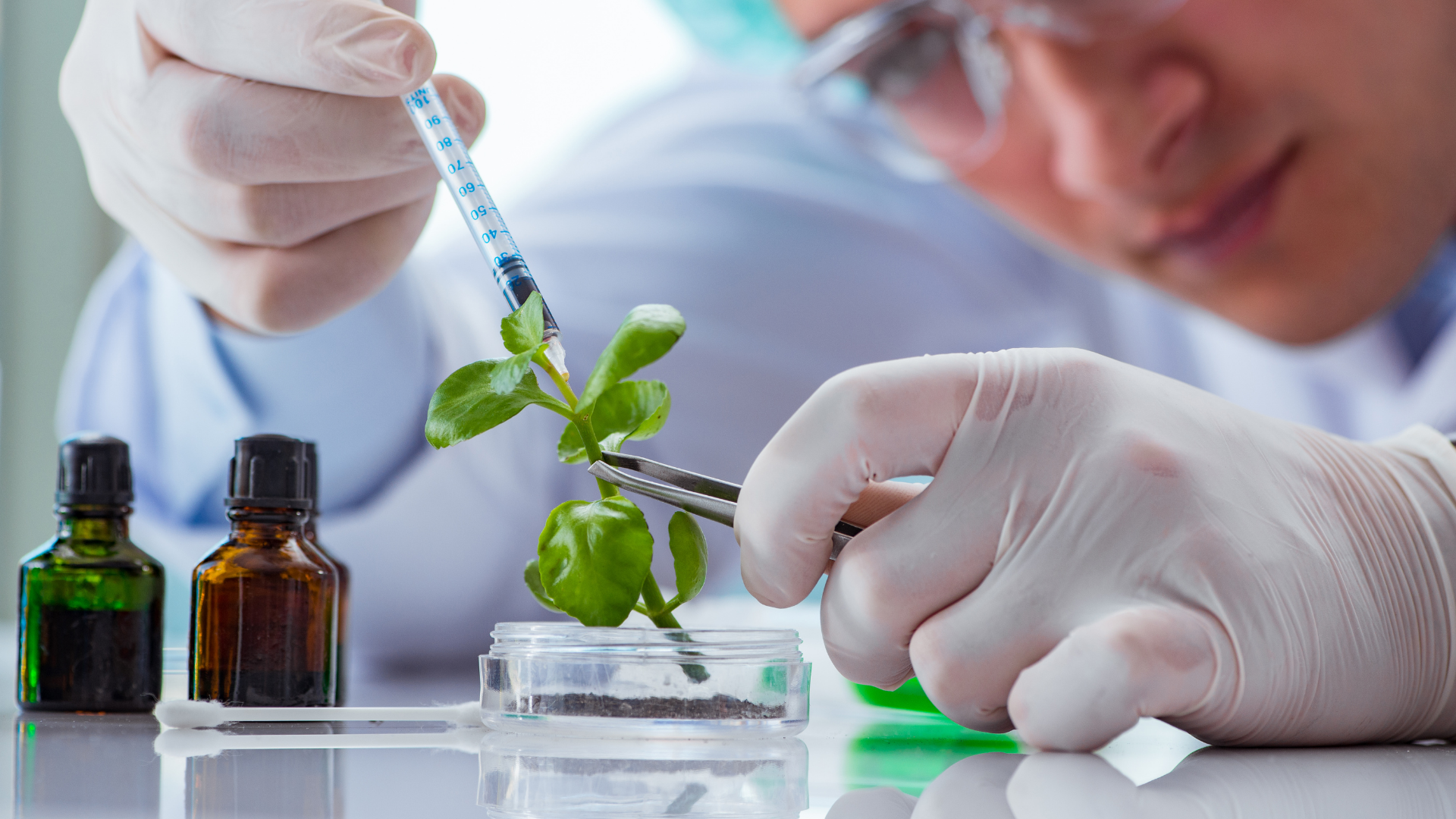Advancing Peptide Therapeutics and Personalised Cancer Vaccines

Peptides are a highly established modality within the biologics therapeutic industry. Typically, they contain around 50 amino acids or less, and along with proteins and antibodies, control many of the body’s biological processes. Peptides are smaller in size than proteins and have therapeutic potentials in oncology, immunotherapy, and the treatment of metabolic disorders such as diabetes. Based upon their attractive pharmacological profile, peptides provide a promising foundation for the design of novel therapies such as cell-penetrating peptides and peptide drug conjugates.
Since their discovery in the late 20th century, more than 7000 naturally occurring peptides have been identified and 80 plus peptide drug products approved for market. In 2021 alone, there were over 150 therapeutic peptides under clinical investigation. The possibilities for peptide precision medicine and particularly a personalised cancer vaccine is proving to be a pioneering area of development. But what are the main challenges faced in the pre-clinical purification stage? And how can scientists effectively deliver neoantigen cancer vaccines? In this article, we delve into the various difficulties and solutions in peptide purification and delivery of precision medicine for immunotherapy.
Key Drivers: What Goes into Designing a Peptide Therapy?
The driving force behind peptides, along with all other therapeutic drug designs, should be a passion for saving lives. Without it, the pharmaceutical and healthcare industries wouldn’t exist. Improving quality of life and health is paramount. Peptide-based therapeutics are created to help the thousands of millions of people worldwide suffering from life-threatening illnesses along with chronic and non-chronic conditions. Patient compliance in peptide delivery is also important. Ease of administration, in other words making administration simpler, less frequent, and less painful, is a focal concern of the peptide pharma industry. But the interest and move towards developing more patient-friendly peptide therapeutics come with the question of both feasibility and achievability.
The Challenges of Peptide Purification: Co-Eluting Impurities
The optimisation of peptide purification is an important component in the advancement of peptide chemistry. However, this is easier said than done and remains a major bottleneck to the preclinical advancement stage, with impurities hindering the therapeutic potential of peptides. Oftentimes the challenge of purification simply comes from the nature of peptide synthesis. For instance, Adam Beard, Associate Principal Scientist at MSD, explains how “there are dozens of steps required to put a molecule together, and at each of these steps scientists risk introducing new impurities”. Co-eluting impurities present a major difficulty in the purification process. This refers to when two or more chemical entities elute, or ‘come out’, at the same retention time during chromatographic techniques such as High-Performance Liquid Chromatography (HPLC). Many of these impurities often co-elute with the peptide of interest making isolation of pure material challenging. As a result, peptide purification requires long shallow gradients to pull the impurities away from the desired peptide, which is both time consuming and laborious.
Overcoming The Challenge - Green Techniques:
Over recent years, there has been a significant drive to make peptide purification methods greener. As the demand for peptide therapeutics has increased, laboratories are becoming overwhelmed with the issue of solvent disposal and the laborious process of solvent clean-up. One ‘green’ solution is Supercritical Fluid Chromatography (SFC), which works by separating and isolating chiral and achiral chemical compounds. According to Linda Thunberg, Associate Principal Scientist at AstraZeneca, “the major attraction of carbon dioxide-based chromatography is its non-toxicity as well as sustainability”. SFC uses carbon dioxide as its main mobile phase, which scientists commend for its high speed and efficiency. A high-pressured liquid SFC is a smart solvent because it can be reused and demonstrates a low viscosity with high diffusivity.
The Promise of Precision Peptide Medicine:
Traditional drug development requires scientists to produce many iterations to find a useable molecular candidate. As Daniel DeOliveira, PhD, PMP, Senior Director at Genocea Biosciences, puts it “it is in the best interest to try and gain a wealth of knowledge on the molecule in question which can take over a year to complete”. Scientists must then perfect the molecule manufacturing process, focusing on the formulation and stability of the candidate. Precision medicine is very different from this approach. There is essentially zero development; once sequenced, the identified neoantigen is not amenable to further modification. In the Personalised Medicine space, knowledge of the molecule is limited, and scientists are unable to perfect the manufacturing process due to the infinite number of possible peptide fragments they may encounter.
According to DeOliveira, perfecting the formulation and stability of molecule candidates for personalised peptide drug products “essentially goes out the window”. It is unfeasible because scientists must not only manufacture the peptide fragment for the first time but also combine fragments to make drug product sublots. These combinations are likewise novel and unfamiliar, leaving scientists basically unaware of how they are going to behave. Overall, precision medicine has a complex manufacturing process and is considered less economical; but unlike traditional medicine, precision medicine has greater patient-specific value.
Personalised Neoantigen Cancer Vaccine: A Successful Case Study
Arguably the most valuable development in precision medicine to date is the advent of a personalised cancer vaccine. And the race to commercialisation is on. One such contender is in development by the immuno-oncology company Genocea Biosciences. Through their precision antigen selection and personalised immune response profiling platform, ATLASTM, Genocea developed the neoantigen vaccine candidate GEN-009. GEN-009 is currently in a phase 1/2a clinical trial and targets a variety of solid tumours. ATLAS identifies neoantigens optimised to the patient’s own T cell responses and their tumours. These 20 or so neoantigens are then synthesised as peptides and formulated with Poly-ICLC adjuvant to make the adjuvanted vaccine drug product.
The Challenges of Delivering a Personalised Cancer Vaccine:
Although ATLAS’s comprehensive and empirical methods are certainly promising at identifying candidate neoantigens, the complexities of manufacturing a personalised neoantigen cancer vaccine remains. Precision medicine is a laborious process and Genocea’s manufacturing platform works at a of ~1 peptide a day; a faster process is currently under development. Scientists also require an in-depth understanding of peptide behaviour, particularly of amino acids in order to predict the most effective molecule combination. Hydrophobic amino acids similarly present a challenge as they tend to make the peptides very greasy and cause aggregation. Solubilisation can be problematic but polar amino acids can help, to a degree, by stabilising the peptide. Oxidisable side chains such as cysteine present a further difficulty since under certain conditions these can easily oxidise to disulphide and thereby lead to aggregation.
Future Outlook:
Whilst advancing peptide therapeutics through optimisations in purification, formulation, and delivery is no easy feat, the possibilities are undeniable. The development of peptide-specific precision medicine is continually advancing and is set to revolutionise the administration experience and dramatically improve patient adherence rates. As indicated by Genocea’s latest research, personalised cancer vaccines predicated on neoantigens are fast becoming a feasible and promising reality. Major players in the cancer vaccine industry include pharma companies such as BioNTech, Gritstone Oncology, and Moderna, all of whom are working on similar pipeline products. The biotech companies, Advaxis, Agenus, Immatics, Kite Pharma, and Precision Biologics, have also developed different technologies and platforms to claim their stake in the neoantigen vaccine race. At Oxford Global, we believe that innovations in peptide-based therapies are a big deal. And it may be only a matter of time before personalised neoantigen vaccines become the next big immunotherapy breakthrough.







